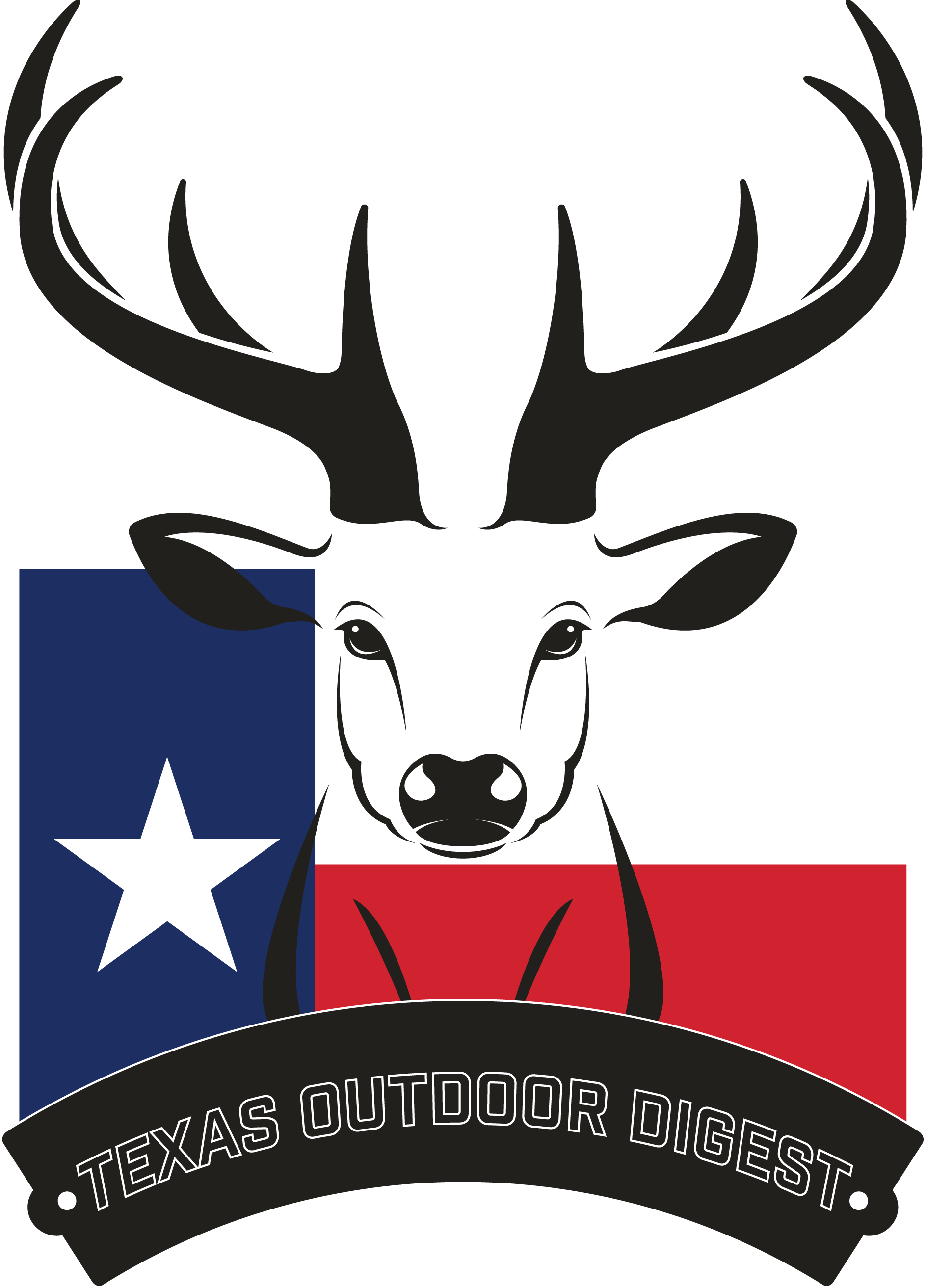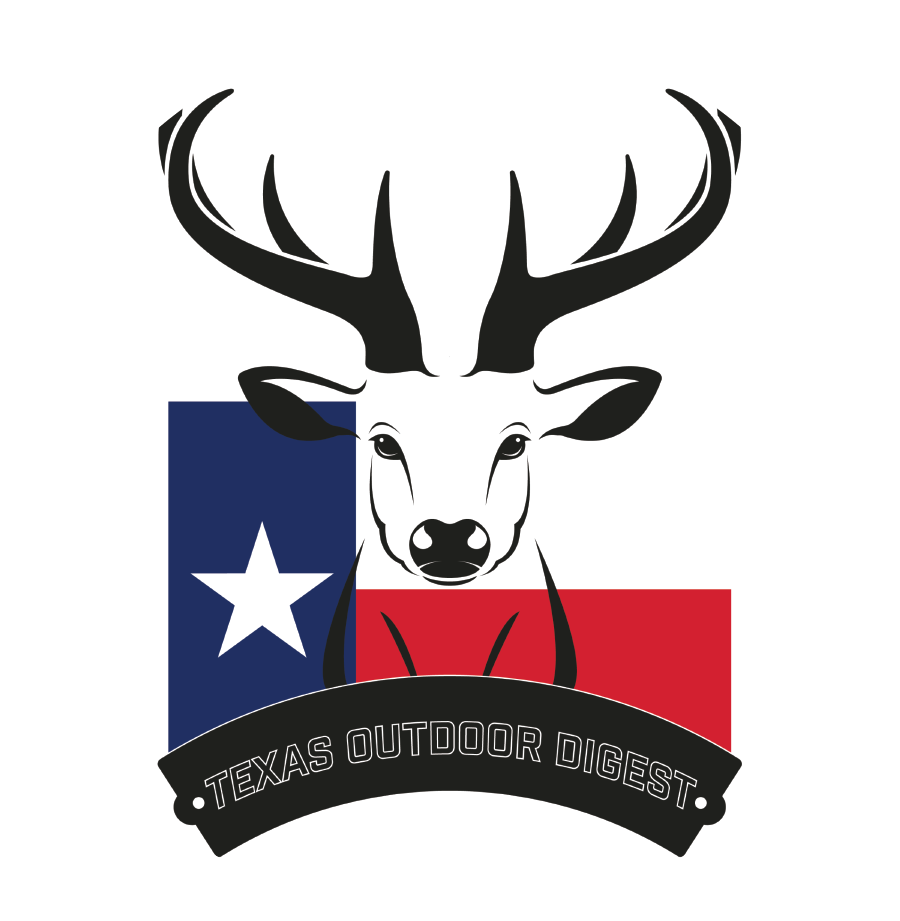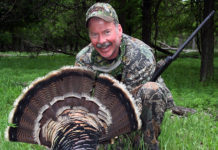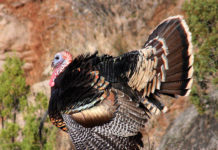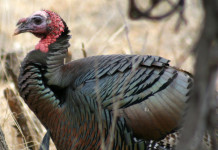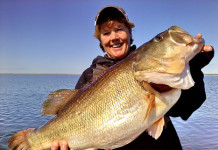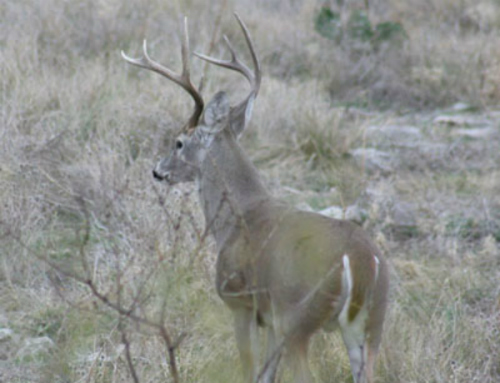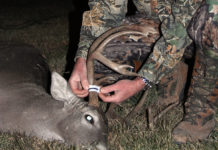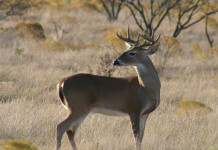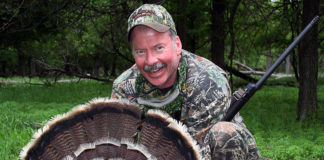Do you know where your deer hunting lease is?
For many Texas hunters, this time of year is filled with the anticipation of strutting gobblers on crisp early mornings, but it’s also time to think about locking up a place to hunt deer come fall – especially if thousands of others are beating the bushes, too.
Deer hunting remains the king of Lone Star State outdoor pursuits – more than half a million hunters put in time in the field even in down seasons – and our state offers an amazing array of habitat for whitetails and muleys. However, more than 90 percent of that land is privately owned, making it difficult for the average hunter to consistently find a place to enjoy the outdoors with family and friends.
While the Texas Parks and Wildlife Department offers fine hunting opportunities on its properties, its deer hunting on prime Wildlife Management Areas such as the Chaparral remain under a draw system that is tough to win and the hunts must be conducted within certain dates. For example, in a recent framework the Matador WMA firearm mule deer buck drawing had 1,169 applicants for 12 permits, while the Chaparral firearm whitetail buck drawing had 3,489 applicants for 63 permits. It’s easy to see the odds are stacked against many hunters unless they enter a drawing that hasn’t had as many entries in the past – or invest in a lease.
Deer hunting brings in dollars
Our economic situation undoubtedly has hampered outdoor pursuits for many hunters, but on the other hand, the recent downturn that has turned into a bounceback might actually help some in securing a place to hunt this fall. There’s no doubt that more landowners likely are trying to find new ways to supplement their income, which could mean granting you access to acreage that may have not been hunted in years.
These days, it’s fast and easy to find information on the Web about all types of hunting opportunities and TPWD is hoping to aid in the process. The agency’s Hunt Texas Online Connection allows landowners to post hunting opportunities and hunters to browse them for free. A search engine allows you to narrow down your quest to a single county, type of lease, game types and even price per hunter. These properties include year-round and even day leases for deer, turkeys and other critters. TPWD also has posted links to other lease-finding sites though the agency does not endorse them in any way.
Other places to consider searching on the Internet are Chamber of Commerce Web sites, which in small towns that bank on hunter dollars almost always list outfitter information and potential leases, and even craigslist. Newspaper classified sections also are a great place to look since they cater to a regional audience, and the ads likely won’t list hunting opportunities that are a lengthy drive away.
Sporting goods stores also are known to post inquiries by landowners seeking to fill hunting slots and if you exhaust all of these avenues, you should consider talking to a local wildlife biologist or agricultural extension agent, who work with landowners on a regular basis and may have some good leads.
If you still can’t find an affordable place to hunt, you can go the traditional way of simply asking a landowner for hunting access. A generation ago, this was a great way to find superb hunting land, and if you’re courteous and respectful to folks – even offering to help with chores before, during and after the season – they might just let you on their property this fall without having to break the bank.
Another avenue to consider is joining a hunting club or cooperative. With more emphasis being put on quality deer management, these hunting opportunities are springing up all over the place, but they often require hunters to put in more time in maintaining a property or properties than other lease options. They also usually require more of an investment, especially in tough economic times.
If you’re fortunate enough to be able to check out a property, be sure to cover all bases with a landowner or leasing agent. Who will be allowed to hunt and can you bring guests? Will you have year-round or seasonal access? Will ranch hands or other people also have access to the property? Will there be restrictions on game harvested?
Once you agree on terms and conditions, get everything in writing, which is good advice even if you’re hunting on a day lease.
It’s never too early to start thinking about fall deer hunting seasons, especially if you aren’t entirely sure where you’ll be hunting. If you don’t put in the work now, you might be out in the cold when it’s time to talk about big bucks.
